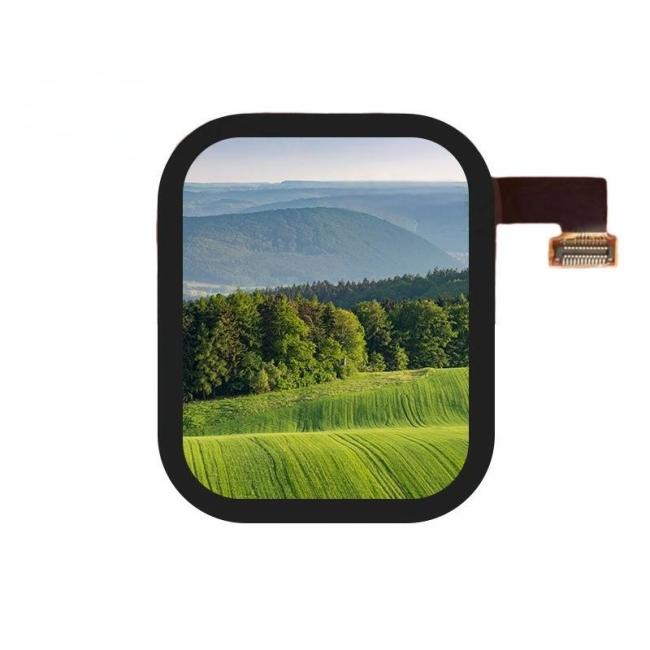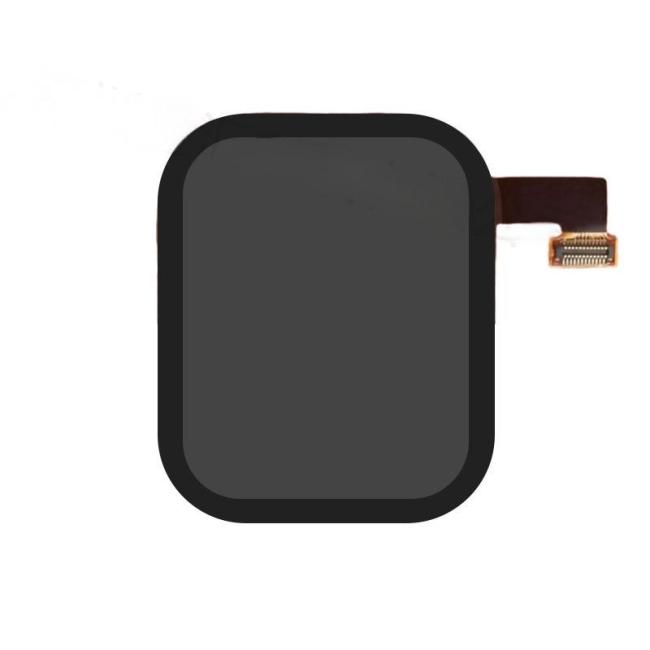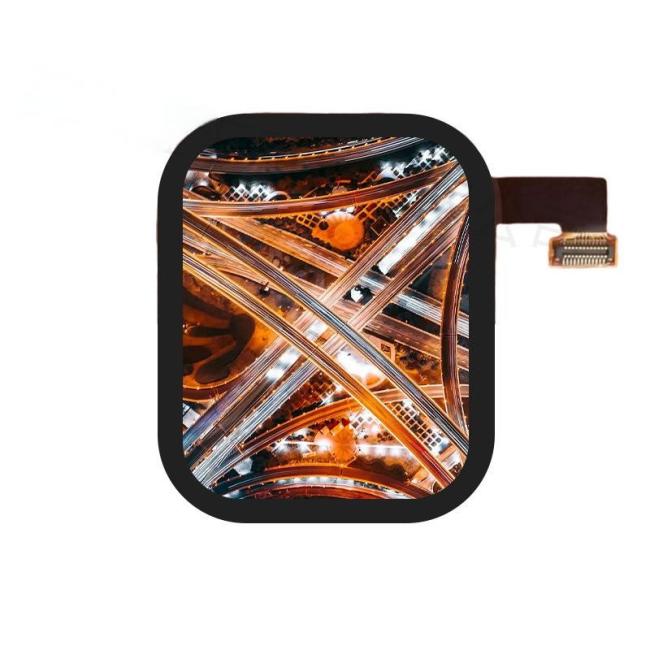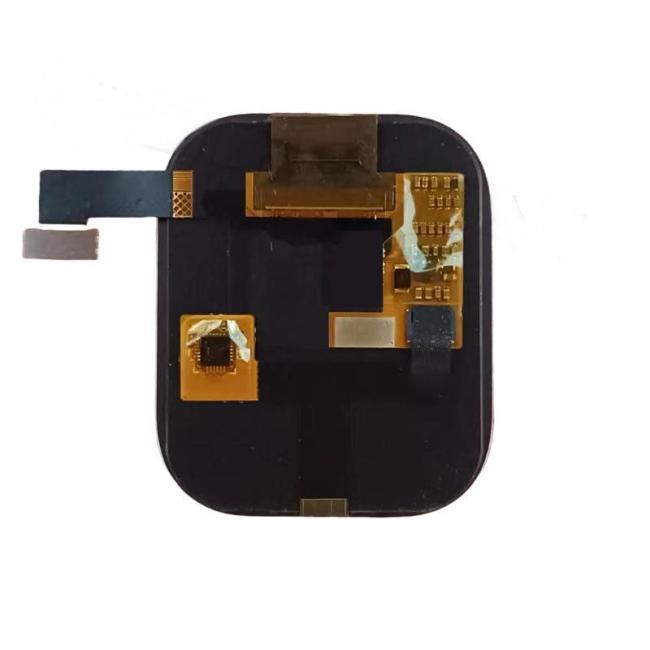| Price | $6~$1000 |
| MOQ | 1000 |
| Delivery Time | 4~6weeks |
| Brand | HuaXin |
| Place of Origin | China |
| Certification | ISO14001/ ISO9001/IATF16949 |
| Model Number | HX185RAC11B |
| Packaging Details | blister+foam box+bubble bag+inside carton+master carton |
| Payment Terms | T/T |
| Supply Ability | 500K pcs per month |
| Place of Origin | China | Display Technology | Color Oled |
| Brightness | 400 | Packaging Details | blister+foam box+bubble bag+inside carton+master carton |
| Model Number | HX185RAC11B | interface | QSPI/MIPI |
| Supply Ability | 500K pcs per month | Certification | ISO14001/ ISO9001/IATF16949 |
| Name | oled display panel | Brand Name | HuaXin |
| Payment Terms | T/T | Driving IC | CO5300 |
| size | 1.85 | Price | $6~$1000 |
| Delivery Time | 4~6weeks | view angle | all |
| Minimum Order Quantity | 1000 | Resolution | 390*450 |
| Attribute | Value |
|---|---|
| Display Technology | Color OLED |
| Name | OLED display panel |
| Size | 1.85 inch |
| Resolution | 390*450 |
| Brightness | 400 nits |
| Interface | QSPI/MIPI |
| Driving IC | CO5300 |
| View Angle | All |
HX185RAC11B is a 1.85 inch square AMOLED display panel with 390×450 dots resolution, all view angle, QSPI/MIPI interface, 400 nits brightness, and CO5300 driving IC.
| Part Number | HX185RAC11B |
|---|---|
| Display Mode | 1.85 inch AMOLED display |
| Outline Size (mm) | 35.6×41.4×2.76 |
| AA Size (mm) | 30.72×35.48 |
| Display Dots | 390×450 |
| View Angle | ALL |
| Brightness | 400C/D |
| Interface | QSPI/MIPI |
| Driving IC | CO5300 |




The key advantages of AMOLED (Active-Matrix Organic Light-Emitting Diode) displays include:
AMOLED Disadvantages:
AMOLED is extremely expensive compared to LCD and TFT, has shorter lifetime than LCD and TFT, and has lower peak brightness in sustained use.
Our certificates:
Huaxin Technology (Enshi) Co., LTD
| Annual Production Capacity | 2021 (Current) | 2022 (Goal) | 2023 (Challenge) | 2024 (Challenge) | 2025 (Challenge) | Remark |
|---|---|---|---|---|---|---|
| LCD Production Capacity | 4.5 | 9 | 9 | 9 | 9 | Unit: thousands of logarithms/Day |
| LCM Production Capacity | 70 | 150 | 300 | 450 | 450 | Unit: Thousand piece/Day |
| Backlight Production Capacity | 100 | 200 | 300 | 500 | 500 | Unit: Thousand piece/Day |
| OLED Production Capacity | 10 | 20 | 30 | 40 | 50 | Unit: Thousand piece/Day |
How does the power efficiency of AMOLED displays compare to other display technologies?
1. Power Consumption:
2. Content Dependency:
3. Brightness Control:
4. Display Size:



